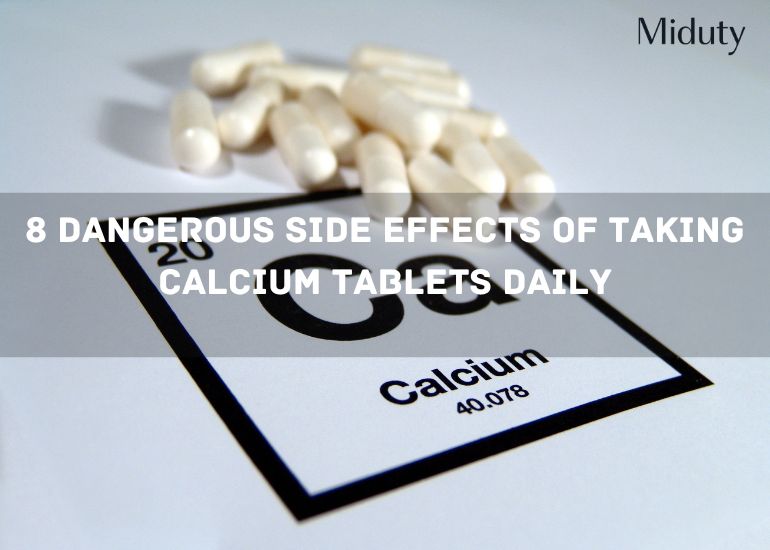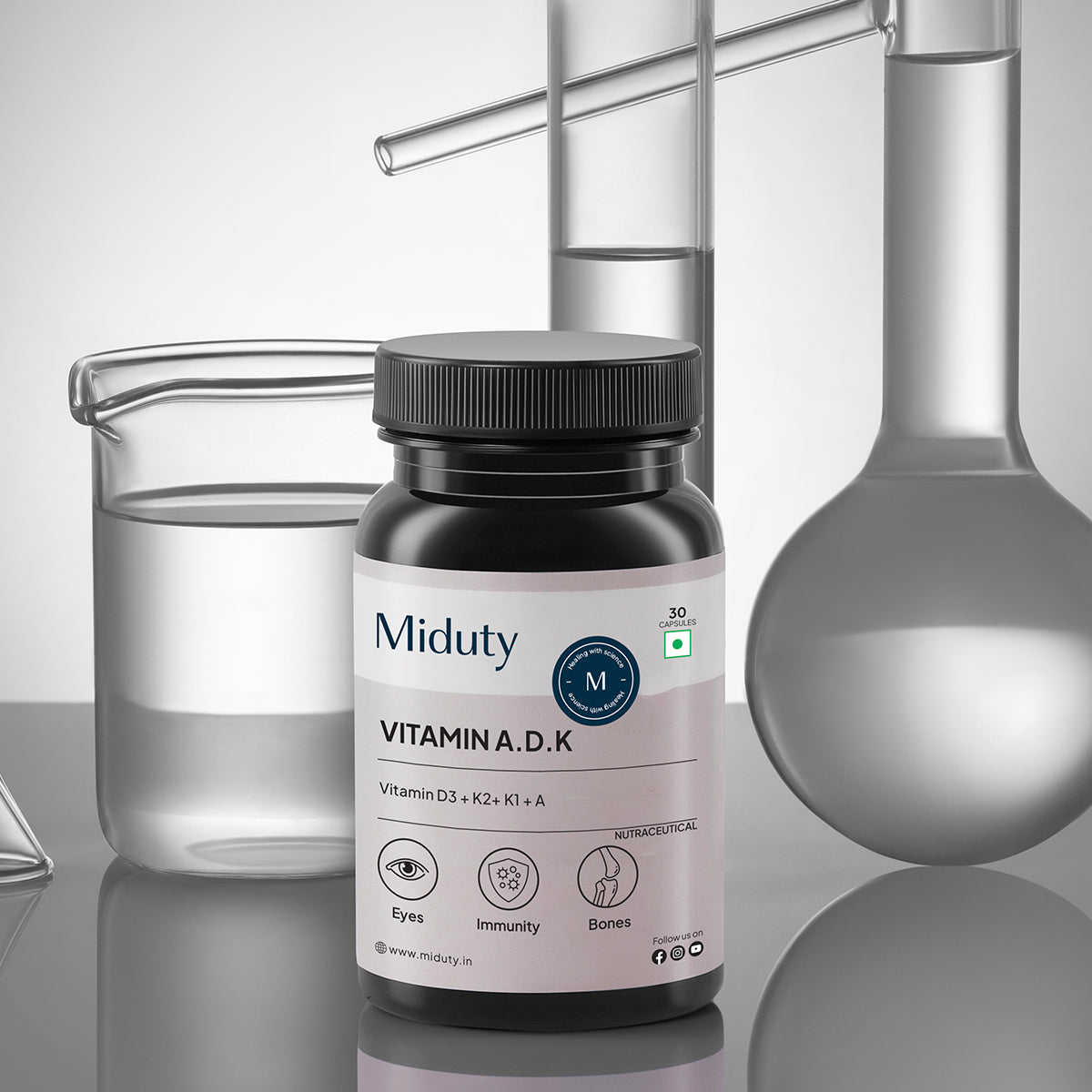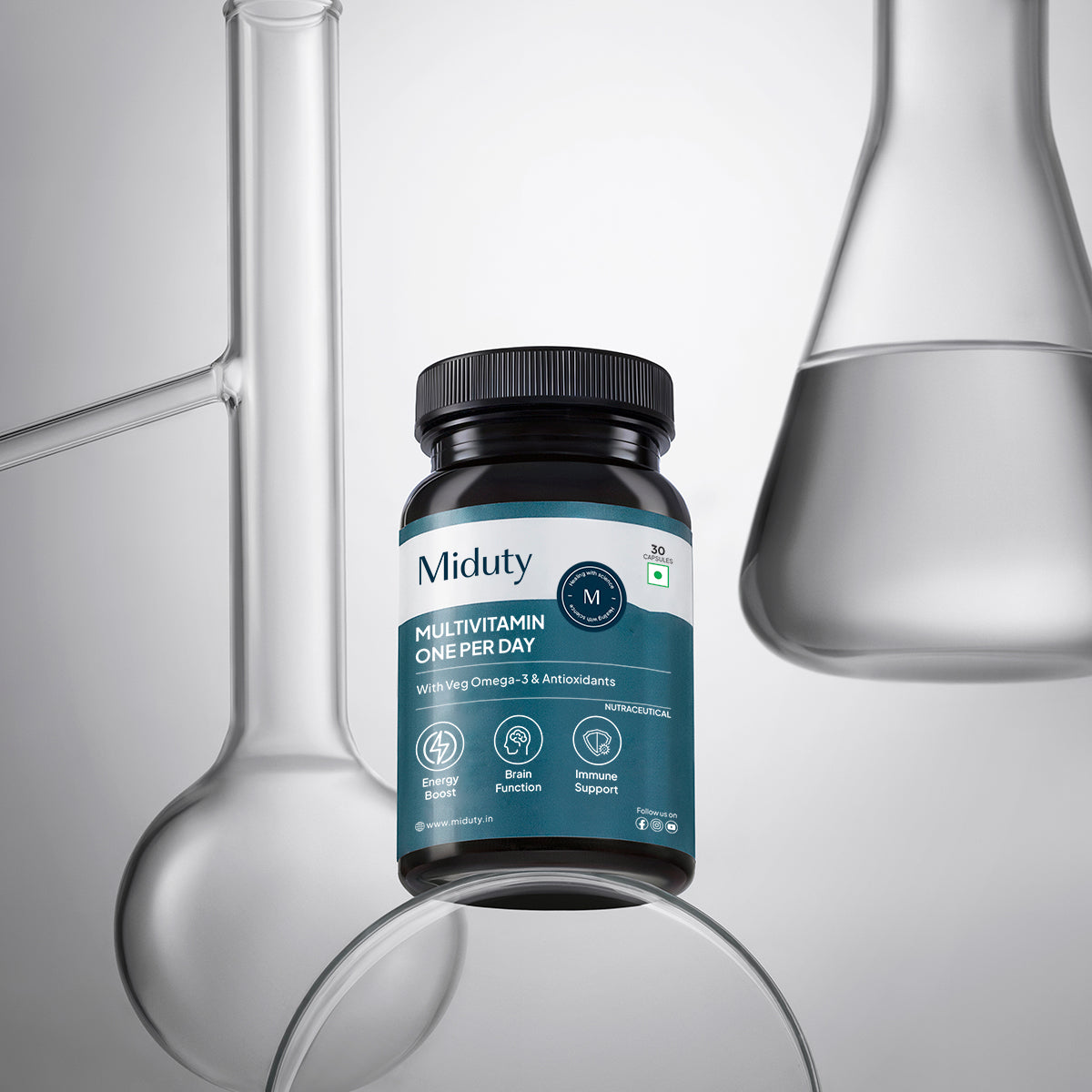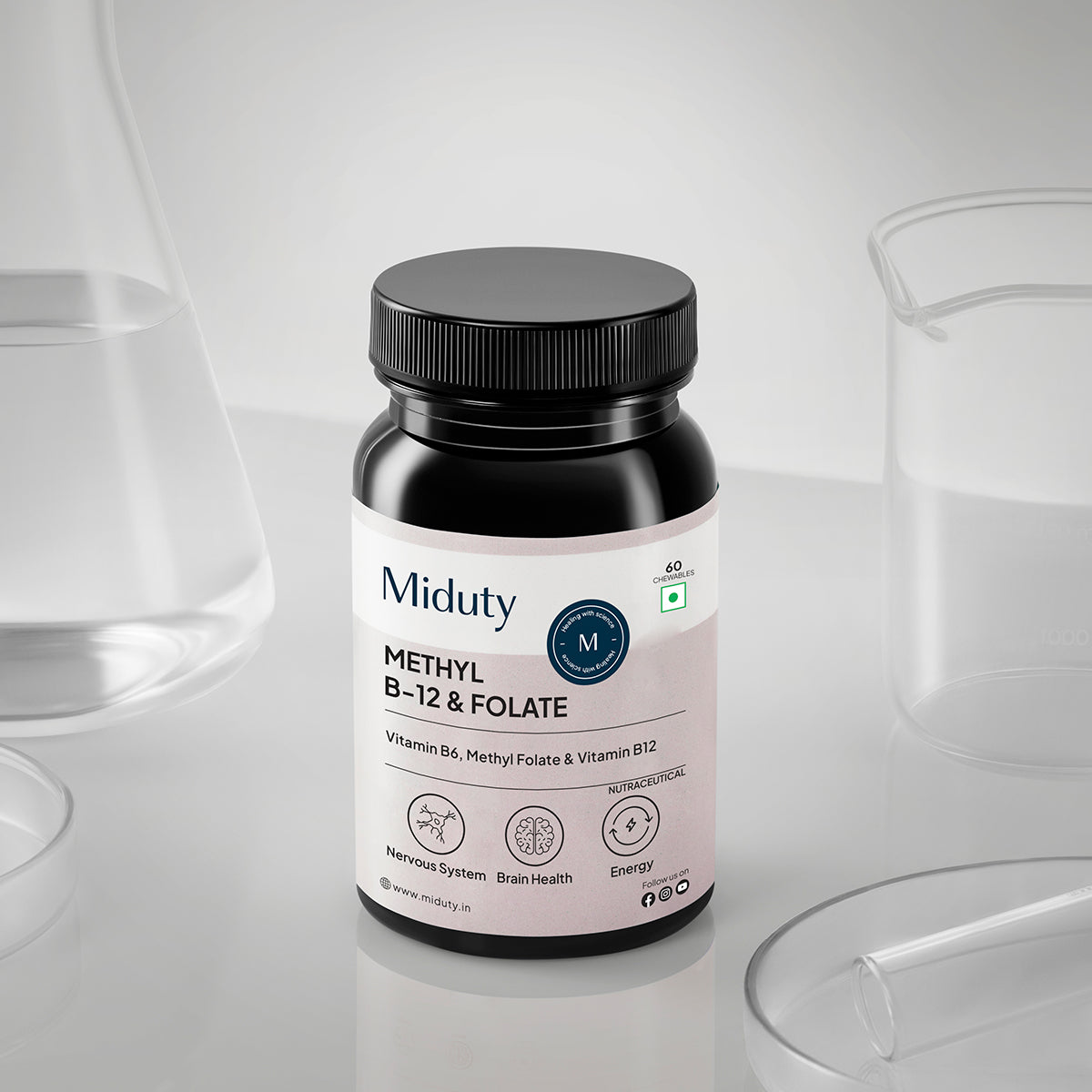
8 Dangerous Side Effects of Taking Calcium Tablets Daily
One of the biggest concerns among the elderly is the weakening of bones. Earlier, doctors recommended higher doses of calcium to combat this issue, but recent research has revealed potential side effects of calcium tablets.
A study published in 2007 in the American Journal of Clinical Nutrition found that calcium supplements do not significantly reduce fracture rates in older women and may even increase the risk of hip fractures. While it’s clear that we need calcium to build and maintain strong bones and teeth, it's essential to understand the calcium side effects that can arise from supplementation.
Calcium is not produced by the body, so we must obtain it from our diet. Daily, we lose calcium through our skin, nails, hair, sweat, urine, and stool. Several factors contribute to bone loss:
- Age: After the age of 30, bone mass loss begins to outpace bone formation, leading to a gradual decline in bone density.
- Menopause: Women experience the fastest bone loss in the initial years following menopause.
- Diet: A diet low in calcium is a significant concern, especially for individuals following the Paleo lifestyle, as they often exclude dairy, juices, and cereals, which are common calcium sources. Nowadays, many ready-to-eat foods, such as breakfast cereals, bread, and dairy products, are fortified with calcium.
- Lifestyle: Smoking and a lack of physical activity contribute to bone weakness.
- Medications: Certain medications, particularly corticosteroids, can negatively impact bone health. These drugs are commonly prescribed for conditions like arthritis, asthma, and inflammatory bowel disease.
Additionally, deficiencies in magnesium and vitamin D can lead to problems with calcium absorption, potentially resulting in later calcium issues.
It's crucial to be aware of the side effects of taking calcium tablets daily, as excessive calcium can lead to various health concerns. For instance, excess calcium side effects may include kidney stones, digestive issues, and impaired absorption of other essential minerals. Understanding the side effects of too many calcium supplements can help individuals make informed decisions about their bone health. Moreover, being mindful of low calcium side effects such as weakened bones and increased fracture risk is vital for maintaining overall health, especially in older adults.
How Excess of Calcium Tablets Impacts Health?
Taking more than 500 mg of elemental calcium supplements daily can significantly increase the risk of calcium supplements side effects like heart attack by as much as 139%. While calcium is essential for bone health and plays a vital role in various bodily functions.
It is crucial to obtain calcium primarily from dietary sources rather than supplements. Research indicates that dietary calcium may protect against heart diseases, while calcium supplements are associated with heart problems.
A study involving 24,000 participants revealed alarming results: individuals taking calcium supplements had a 139% higher risk of heart attacks. Additionally, women consuming high calcium intakes (1,400 mg and above) faced a 40% increased risk of death, and those taking a daily supplement of 500 mg experienced a 157% higher risk compared to women with moderate daily intakes (600–1,000 mg).
For years, the medical industry has advocated for calcium supplements as a safeguard against osteoporosis. However, these findings warrant a reevaluation of that stance. Unfortunately, such reconsiderations often take years, but the good news is that information is readily available online, allowing individuals to stay informed about side effects of too much calcium supplements and potential health risks.
Three Possible Reasons Calcium Tablets Cause Heart Problems and Kidney Stones

1. Bioavailability Issues:
Calcium from food is easily absorbed by the body, while calcium supplements can lead to complications. Unlike excess B vitamins, which are excreted through urine, the body struggles to absorb all the calcium from supplements. The unabsorbed calcium remains in the bloodstream, increasing the risk of arterial calcification or being excreted in the urine, which may result in kidney stones.
2. Inadequate Form of Calcium:
There are various forms and salts of calcium, and not all are equally absorbed by the body. Supplements can be a double-edged sword, so it’s essential to choose the right type, especially if prescribed by a doctor to avoid side effects of calcium tablets.
3. Lack of Essential Cofactors:
Side effects of calcium tablets or impaired absorption of calcium tablets can be seen if it is not taken with its cofactors, such as Vitamin D, Vitamin K2, and magnesium. Without these supportive nutrients, the effectiveness of calcium supplements may be compromised.
All About Calcium Supplementation
The recommended daily allowance (RDA) for calcium is 1,000–1,200 mg per day. If you’re getting around 600–1,000 mg of calcium from food sources alone, you are likely maintaining healthy bones.
However, if you're going through menopause or are elderly, adding extra calcium to your diet may be necessary to prevent bone loss.
1. How Much to Take:
A supplemental dose of 500 mg is generally considered safe and effective, but it’s important not to exceed 500 mg in one sitting. If your body requires 1,000 mg of calcium per day, it’s best to split the dosage into two 500 mg doses. Keep in mind, while supplementation can be helpful, side effects of taking calcium tablets daily can arise if not managed properly.
2. When to Take:
Calcium supplements are best absorbed when taken with food. This helps mitigate some of the potential side effects of calcium tablets, such as digestive discomfort and poor absorption.
3. Forms of Calcium:
Opt for either calcium carbonate or calcium citrate. Calcium carbonate is more commonly used and requires food for better absorption, while calcium citrate is easier to digest and can be taken with or without food. However, both forms can have calcium supplements side effects if taken in excess.
8 Side Effects of Taking Calcium Tablets Daily
Excessive calcium levels in the body, known as calcium toxicity, can lead to various uncomfortable and potentially dangerous symptoms, including:
- Nausea
- Bloating
- Constipation (especially from calcium carbonate)
- Dry mouth
- Abdominal pain
- Irregular heartbeat
- Confusion
- Kidney stones
It may surprise you that both too little and too much calcium can cause irregular heartbeats. This is because heart rhythms are controlled by the body's delicate electrolyte balance. When calcium levels are either too high or too low, it disrupts this balance, leading to potential heart issues.
Low calcium side effects can result in muscle cramps, weak bones, and irregular heart rhythms, while side effects of too much calcium supplements include similar cardiac concerns, as well as digestive issues and kidney stones.
The side effects of taking calcium tablets daily become more evident when supplementation is excessive. Excess calcium side effects, like calcification of arteries or kidney problems, are particularly common when high doses of calcium are taken without necessary cofactors like magnesium, Vitamin D, and Vitamin K2.
This highlights the importance of moderation and proper dosing, as the calcium side effects of over supplementation can be just as dangerous as a deficiency.
The Importance of Other Nutrients for Bone Health

While calcium is essential for strong bones, it’s equally important to recognize that calcium doesn’t work alone. Proper calcium absorption and transportation in the body require other vitamins and minerals. Without these cofactors, side effects of calcium tablets may arise, as unabsorbed calcium can lead to calcification or other issues. For optimal bone health, adequate levels of magnesium, zinc, manganese, Vitamin D3, and Vitamin K2 are crucial to ensure that calcium and phosphorus are properly integrated into the bone matrix.
Here’s a breakdown of the key nutrients that support healthy calcium metabolism:
1. Vitamin D
Vitamin D is essential for calcium absorption. Without enough Vitamin D, even high levels of calcium cannot be effectively absorbed, leading to low calcium side effects such as weak bones and muscle cramps. Moreover, taking calcium supplements without adequate Vitamin D can result in side effects of taking calcium tablets daily, as excess calcium may remain in the bloodstream rather than being used by the body.
2. Magnesium
Magnesium is another critical mineral for bone health and overall well-being. It’s involved in over 300 biochemical processes in the body, including calcium metabolism. A deficiency in magnesium can exacerbate the calcium side effects, as magnesium is required for proper calcium absorption. Without enough magnesium, taking calcium supplements may contribute to side effects of too much calcium supplements, such as calcification in soft tissues or kidney stones. I always recommend my clients prioritize magnesium, right after Vitamin D, to support healthy calcium levels.
3. Vitamin K
Vitamin K plays a crucial role in directing calcium where it belongs—into the bones and away from arteries. Research shows that Vitamin K2 helps transport calcium from the bloodstream into the bone, ensuring proper calcium utilization and reducing the risk of calcium supplements side effects. Without sufficient Vitamin K2, taking calcium can increase the likelihood of excess calcium side effects, like arterial calcification and cardiovascular issues.
While Vitamin K1 is found in green leafy vegetables, it must be converted into Vitamin K2, which is less efficiently done by the body. For this reason, vegetarians, in particular, may need to supplement with Vitamin K2. Vitamin K2 is further divided into two forms: MK-4 and MK-7. A recommended daily intake of 2000 mcg of K2 (with at least 100 mcg from MK-7) can help prevent bone loss and minimize side effects of too many calcium supplements.
Conclusion
If you’re taking 1000 mg of calcium tablets daily, it’s time to reconsider. High doses of calcium tablets can increase your risk of heart attack and other health issues. To support healthy bones, focus on a balanced approach that includes calcium, Vitamin D, and Vitamin K2 together.
Here are some important guidelines to follow:
- Limit Calcium Supplement Intake: Avoid taking more than 500 mg of calcium in one sitting to prevent calcium side effects such as calcification and kidney stones.
- Get Calcium from Food: Prioritize dietary sources like sardines, whey protein, raw milk, and dark green leafy vegetables to reduce the side effects of calcium tablets and promote better absorption.
- Exercise for Bone Health: Incorporate weight-bearing exercises like yoga and strength training to strengthen bones naturally.
- Be Cautious with Supplements: Taking too much calcium can lead to side effects of too much calcium supplements, such as arterial calcification, kidney stones, and increased cardiovascular risks. Always balance your intake with magnesium, Vitamin D, and K2 to minimize calcium supplements side effects.












